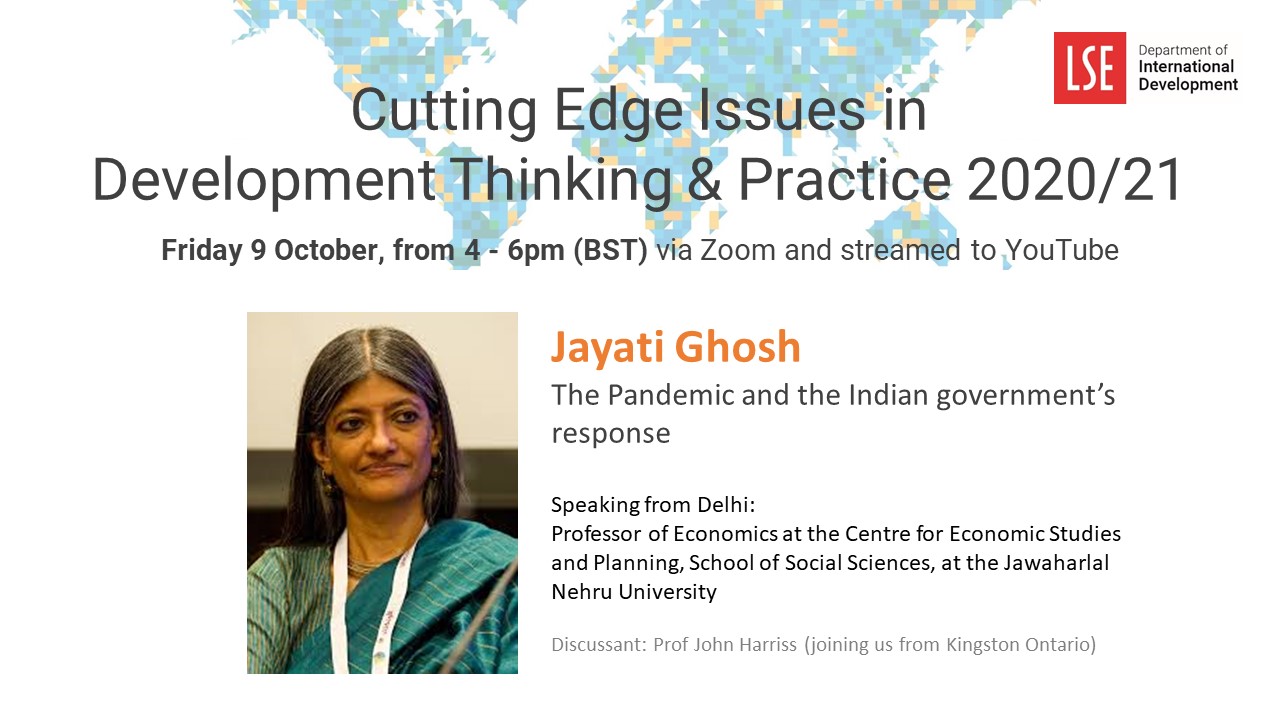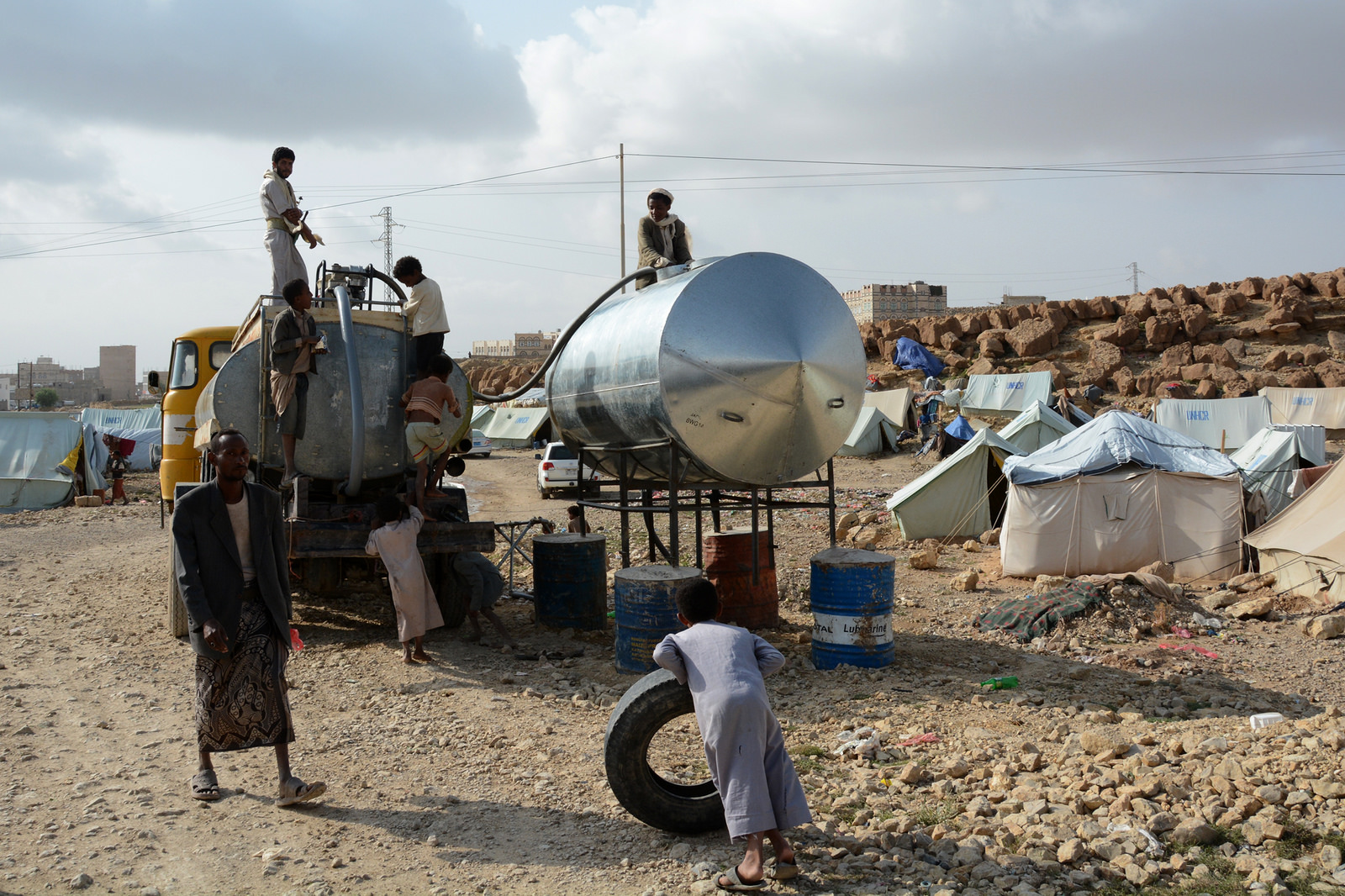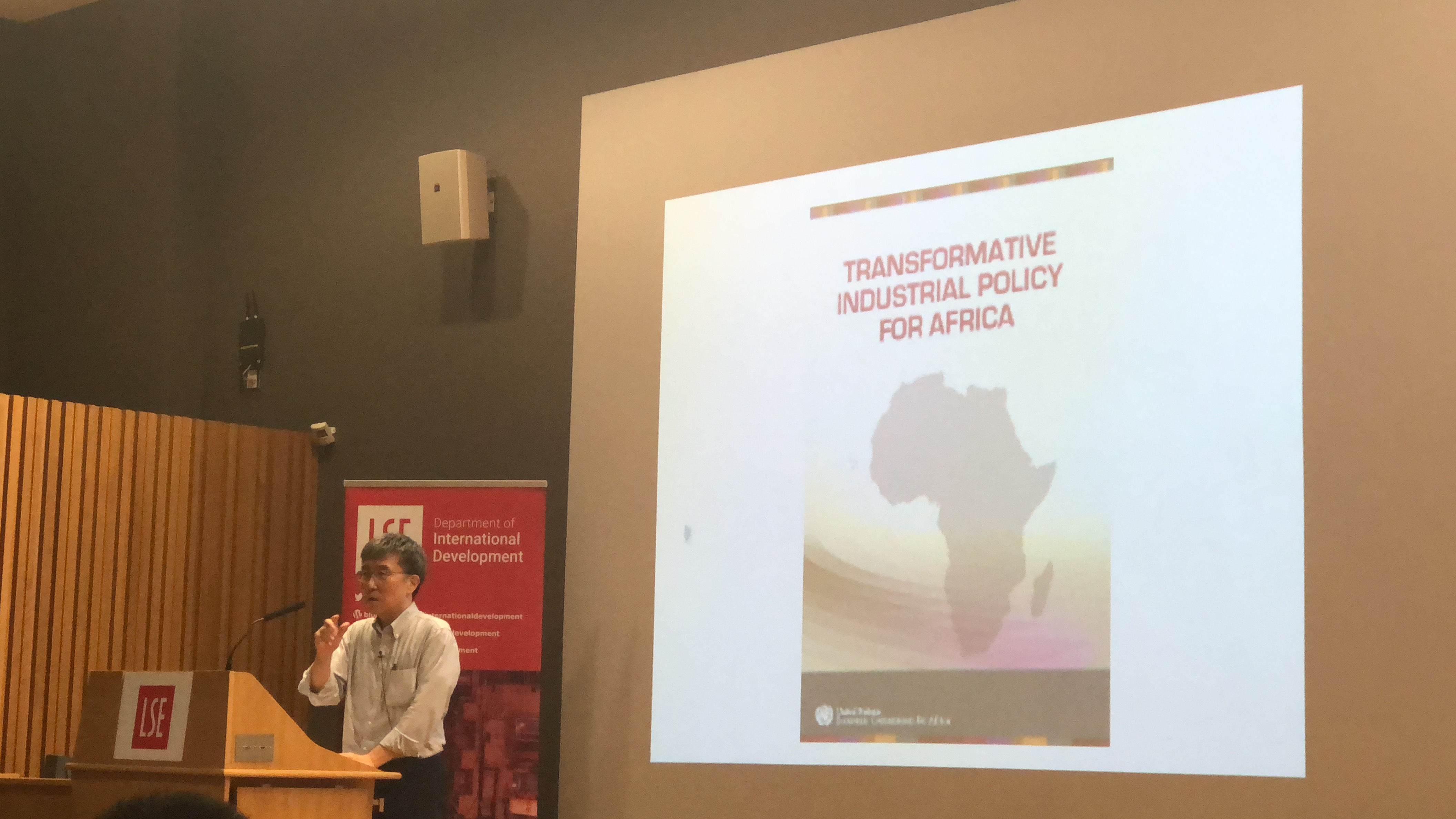MSc Development Management students, Isabella, Eugenie, Sebastian and Charles write about their experience working with Agua y Saneamientos Argentinos (AySA) for their Consultancy Project to design a method for measuring the wider impact of water and sanitation interventions in communities that lack formal access in Buenos Aires.
For our Development Management consultancy project as part of the MSc International Development programme, we had the opportunity to work with Agua y Saneamientos Argentinos (AySA). Our task was to design a method for measuring the wider impact of water and sanitation interventions in communities that lack formal access in Buenos Aires. The experience was exciting, challenging and thoroughly rewarding.
Early on, the obstacles facing our group were very apparent. None of us had previous experience with water, health and sanitation (WASH) or impact assessment, giving us a steep hill to climb. Furthermore, the scale of our project was daunting. Our client, AySA, is the fifth-largest provider of drinking water and sanitation services in the world. Its service area encompasses the entire Greater Buenos Aires region and its mandate covers the complete cycle of water management, including water collection, pre-treatment, distribution, recollection, transport, and post-treatment. Since its founding in 2006, AySA has been involved in significant developments in infrastructure and capabilities. However, problems of access to safely managed water and sanitation services are still pervasive; of the more than 15 million inhabitants, 3.7 million do not have access to clean drinking water and 6.8 million do not have access to sewage treatment services (World Bank, 2021). This situation is further tangled by the existence of more than a thousand informal settlements permeating AySA’s coverage area (OECD, 2019). With a two-fold problem of both a lack of data as well as a lack of a fully formulated system of analysis in which to apply data, it is difficult to effectively measure the true impact of water and sanitation interventions.
Luckily, we had the aid of Gonzalo, our direct point of contact for the project, and the support of the International Affairs team at AySA to get us off on the right foot. The resources provided by AySA, as well as our many interviews with staff and external partner organisations, proved to be invaluable. Together with our own independent research, over the course of the project we gained a thorough understanding of the WASH sector, Buenos Aires, AySA, and what steps we needed to take to accomplish our objective.
Through our research, we came to understand that traditional thinking in WASH has focused almost solely on easy-to-measure indicators, such as ‘access’ and ‘quality’. In other words, the focus has been on how many more people will have access to clean water after ‘X’ intervention, or how the quality of drinking water will improve for the population after ‘X’ intervention. There has been little consideration on the significant impact that access to water has on both individuals and communities in terms of development outcomes. Understanding these deeper impacts would help leaders make more informed decisions on funding, infrastructure development and policy. Our specific task was therefore to identify and adapt a series of indicators and provide a preliminary guide that AySA would be able to use to evaluate its wider impact.
We decided to focus on the impact on four areas: Economic, Social, Gender, and Environmental Development. Our report provides a carefully designed guide for rigorous impact assessment. It specifies how data should be collected to calculate the indicators and lays out a sample survey to do so. Formulas are given along the indicators so that measurement can easily follow once data is gathered. Furthermore, concerns regarding causality on how to estimate and quantify AySA’s impact are addressed and an econometric model is proposed. Finally, drawing on our research and analysis, we identified key policy recommendations.
Featured image: Villa 31 is a slum located in the City of Buenos Aires, Argentina, in Recoleta and Retiro neighborhoods. Photo credit: Jimmy Baikovicius
The views expressed in this post are those of the author and in no way reflect those of the International Development LSE blog or the London School of Economics and Political Science.






Hi there, congrats, seems a great consultancy project. Is the report going to be published? Thanks
Hi Gabriele, yes, AySA does plan to publish the report at some point on their educational platform here: https://www.aysa.com.ar/lobuenodelagua
However, we aren’t sure when exactly it will go up. If you connect with us LinkedIn we would be happy to share a copy with you.